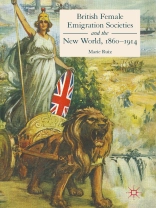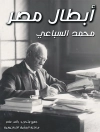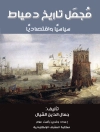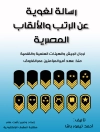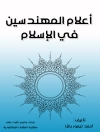This book focuses on the departure of Britain’s ‘surplus’ women to Australia and New Zealand organised by Victorian British female emigration societies. Starting with an analysis of the surplus of women question, it then explores the philanthropic nature of the organisations (the Female Middle Class Emigration Society, the Women’s Emigration Society, the British Women’s Emigration Association, and the Church Emigration Society). The study of the strict selection of distressed gentlewomen emigrants is followed by an analysis of their marketing value, and an appraisal of women’s imperialism. Finally, this work shows that the female emigrants under study partook in the consolidation of the colonial middle-class.
Table des matières
PREFACE; PHILIPPA LEVINE.- INTRODUCTION.- THE FEMALE EMIGRATION SOCIETIES AND THE “EYE OF POWER”.- THE FEMALE EMIGRATION SOCIETIES AND PHILANTHROPY.- SELECTING AND TRAINING FEMALE EMIGRANTS.- FROM THE ABDUCTION OF THE SABINE WOMEN TO THE EXPORTATION OF BRITISH WOMEN.- IMPERIALIST LADIES: A GENDER RE-CODIFICATION.- AUSTRALIA AND NEW ZEALAND: HETEROTOPIAS OF THE MOTHERLAND?.- ARRIVAL IN THE COLONIES: THE BUILDING UP OF A NEW SOCIAL BODY THROUGH GENDER, CLASS AND RACE.- CONCLUSION.- APPENDICES.- SELECT BIBLIOGRAPHY.- SELECT BIBLIOGRAPHY.- INDEX
A propos de l’auteur
Marie Ruiz is Associate Professor in British History at Université de Picardie Jules Verne, France. Her research focuses on nineteenth-century British female emigration societies and the surplus of women question. She is currently editing
International Migrations in the Victorian Era (2018).
Philippa Levine is the author of the book’s preface. She is the Mary Helen Thompson Centennial Professor in the Humanities at the University of Texas, USA, and Co-Director of the University’s Program in British Studies. Her recent books include
Prostitution, Race and Politics: Policing Venereal Disease in the British Empire (2003) and
The British Empire, Sunrise to Sunset (2007).
